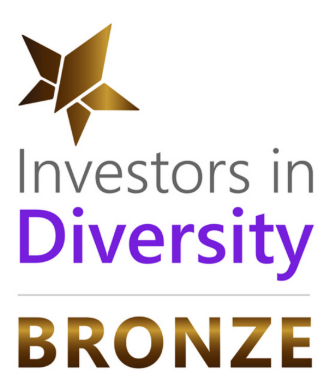What is TrustEd Ireland?
TrustEd Ireland is a new statutory quality mark and part of a suite of legislative measures designed to protect international learners. The new mark will be awarded to higher education and English language education providers who have demonstrated that they meet national standards to ensure a quality experience for international learners from pre-enrolment through to the completion of their programme of education and training.
For further information on the TrustEd Ireland scheme, please click here.
Confidence in Irish education
The mark is intended to promote confidence, both nationally and internationally, in the quality of the Irish education system. It will ensure that international learners enrolled on programmes with higher education (HE) and English language education (ELE) providers are protected and receive a quality, consistent learning experience. TrustEd Ireland is a voluntary scheme; however, providers who wish to recruit non-EU/EEA learners on programmes that require immigration permissions/study visas will be required to apply for authorisation to use the mark.
Codes of practice
Two codes of practice have been developed, one for HE providers, the Code of Practice for Provision of Programmes of Higher Education to International Learners (HE Code), and one for ELE providers, the Code of Practice for Provision of English Language Education (ELE Code).
HE and ELE providers who apply for authorisation to use the mark will submit a self-assessment report to demonstrate their compliance with the associated code of practice, and, in the case of ELE providers, meeting the Quality Assurance guidelines for English Language Education.
Window 2 Confirmation of Application form
If you wish to apply for TrustEd Ireland (IEM) in Window 2, please click here.
Keep updated
Providers who wish to join our mailing list to be informed of TrustEd Ireland updates, please click here.
Key documents
These documents will take effect as of 1 September 2024 and should be used by HE and ELE providers applying for TrustEd Ireland authorisation in the second application window (13 October 2025 – 27 March 2026).
Important: This will be the final opportunity to apply before the Interim List of Eligible Providers closes.
- Code of Practice for Provision of Programmes of English Language Education to International Learners,
- Statutory Quality Assurance Guidelines for English Language Education,
- Code of Practice for Provision of Programmes of Higher Education to International Learners,
- Policy on Authorisation to Use the International Education Mark.
- International Education Mark Annual Charge Regulations
If you have any further questions, please contact the International Education Division at international.education@qqi.ie.


